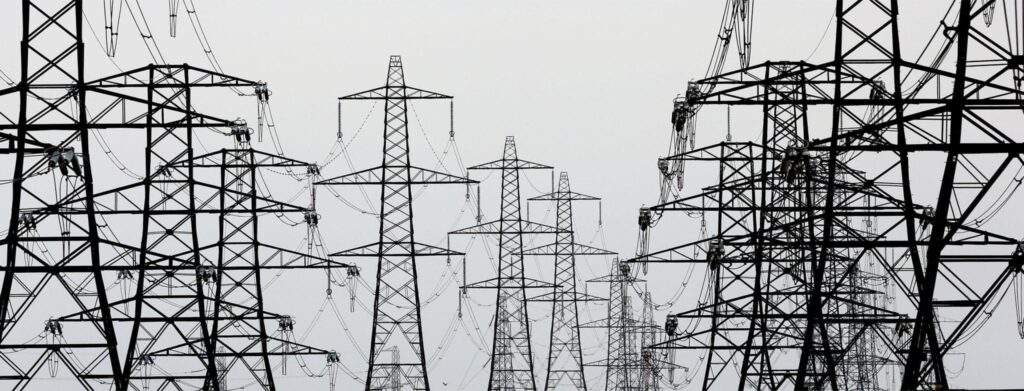In the first nine months of the year, the Nigerian government allocated a staggering N375.8 billion to electricity subsidies, while electricity consumers shouldered the weight of N782.6 billion for this essential commodity. These figures, revealed in the three quarterly reports of 2023 by the Nigerian Electricity Regulatory Commission (NERC), shed light on the complexities and challenges within the nation’s power sector.
The reports outlined that power distribution companies nationwide invoiced electricity users a total of N1.06 trillion during this period. However, they only managed to collect N782.6 billion, signifying a considerable shortfall. The NERC attributed this subsidy to the absence of cost-reflective tariffs, leading the government to bridge the gap between the actual cost and the allowed tariff.
The absence of cost-reflective tariffs across all distribution companies resulted in a substantial government subsidy obligation of N204.59 billion in the third quarter of 2023 alone. This represented a 51.3% increase compared to the previous quarter, primarily driven by the government’s policy to harmonize exchange rates. Consequently, during this period, distribution companies were expected to cover just 45% of the total invoice received from the Nigerian Bulk Electricity Trading Company.
Amidst these complex dynamics, consumers diligently fulfilled their financial obligations, paying N247.09 billion, N267.86 billion, and N267.61 billion in the first, second, and third quarters of 2023, respectively. This cumulative total of N782.56 billion signifies the financial burden borne by consumers during this period.
Throughout these three quarters, the bills from Distribution Companies to consumers amounted to N349.55 billion, N354.61 billion, and N359.38 billion, respectively, resulting in a total bill of N1.06 trillion for the nine-month period.
The revelation of these figures underscores the intricate interplay of government subsidies, consumer payments, and the broader economic implications within Nigeria’s electricity sector. As the government grapples with the challenge of bridging tariff shortfalls, and consumers continuously fulfill their financial obligations, it remains crucial to foster transparency and open dialogue to navigate the complexities of the nation’s electricity landscape.
